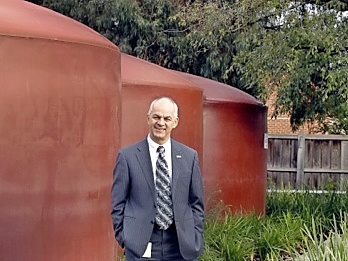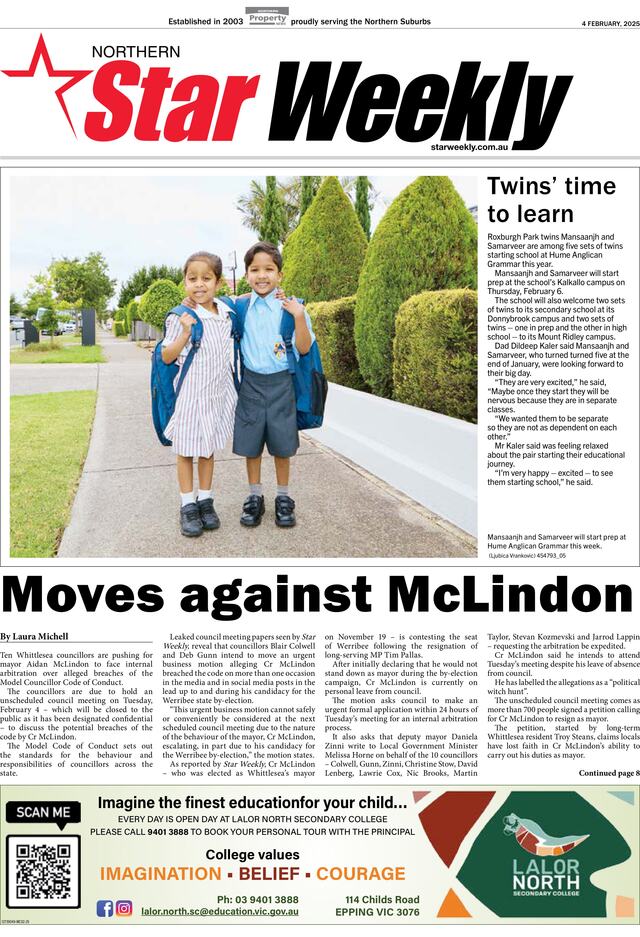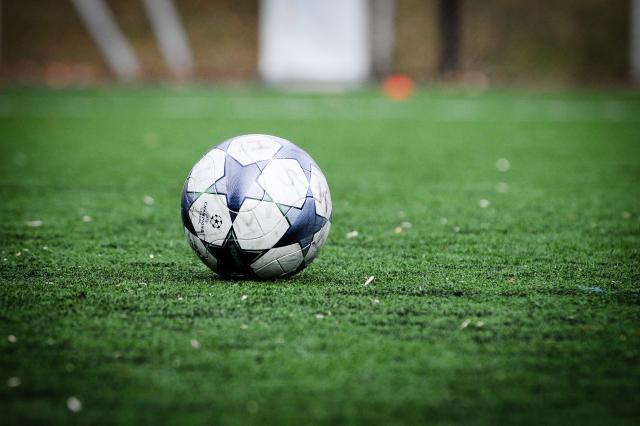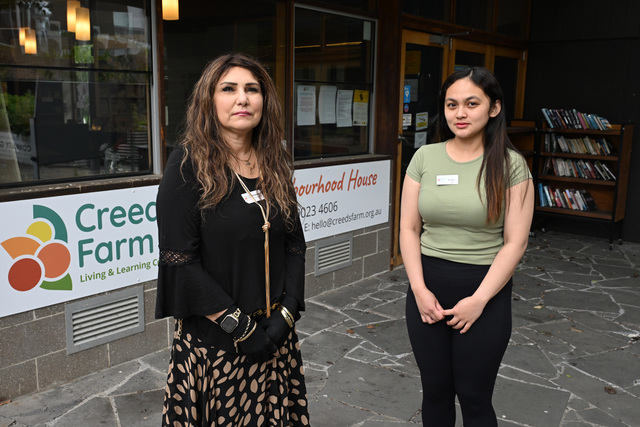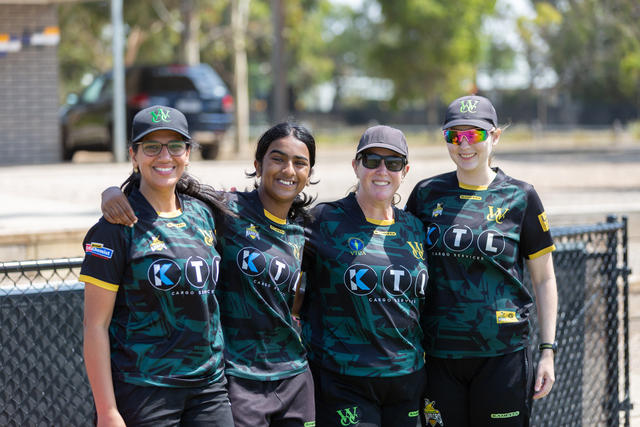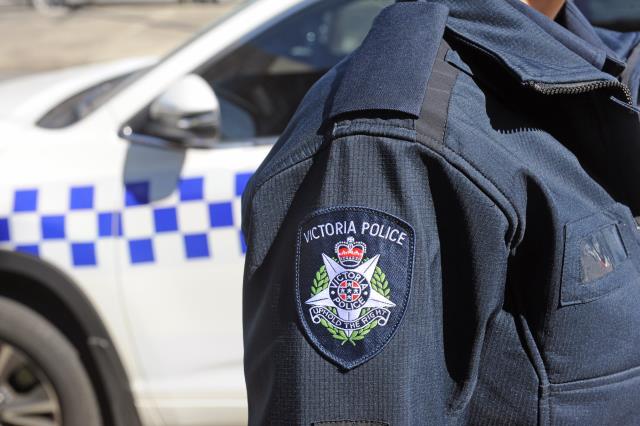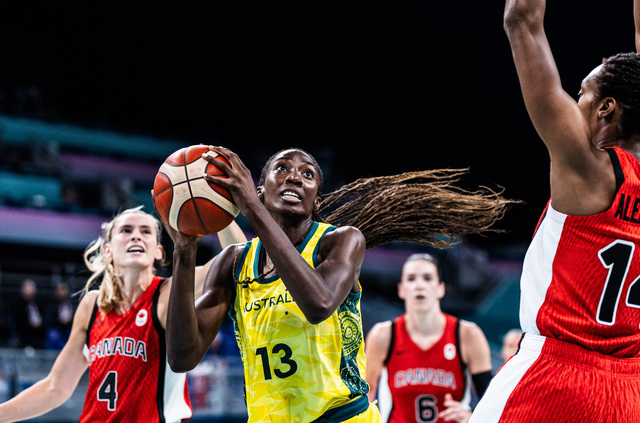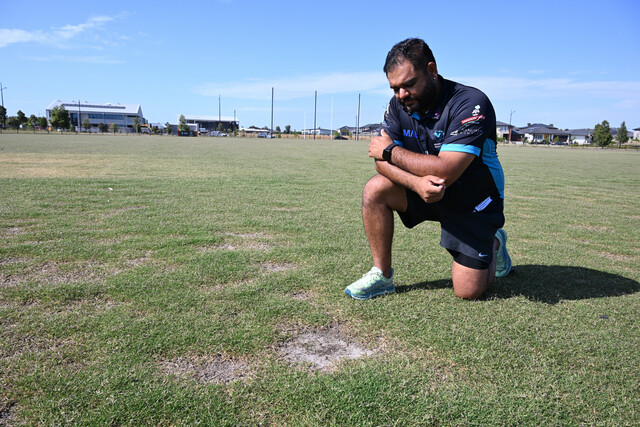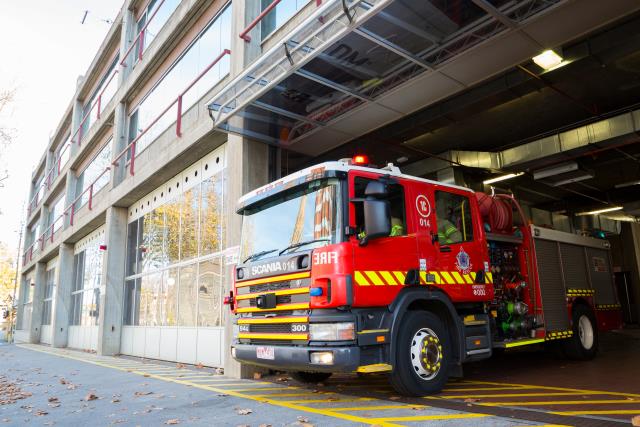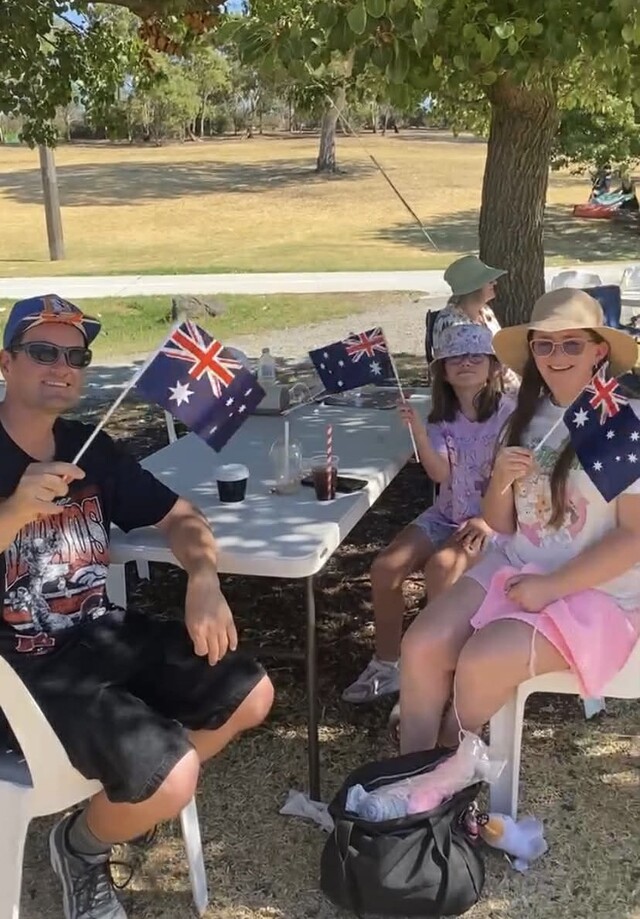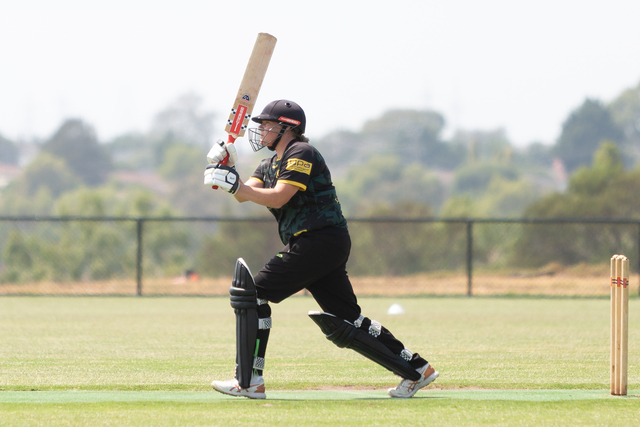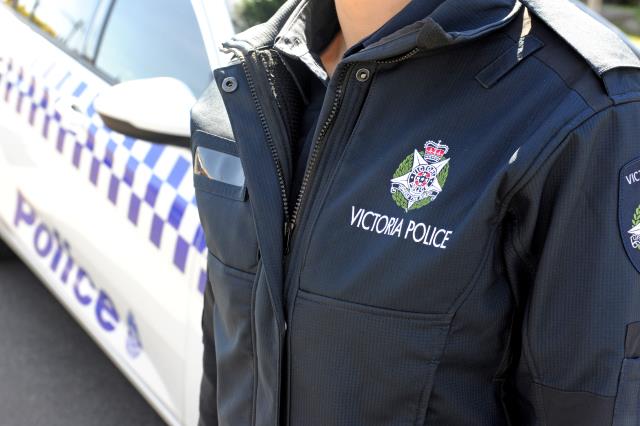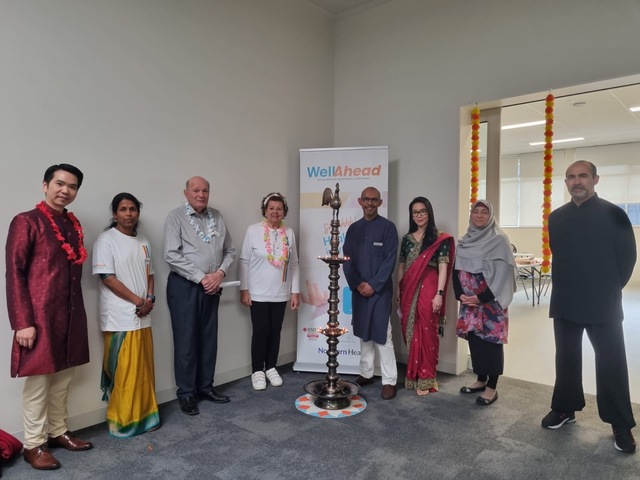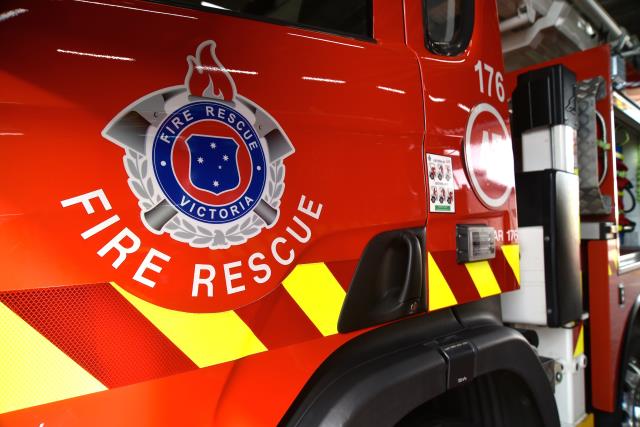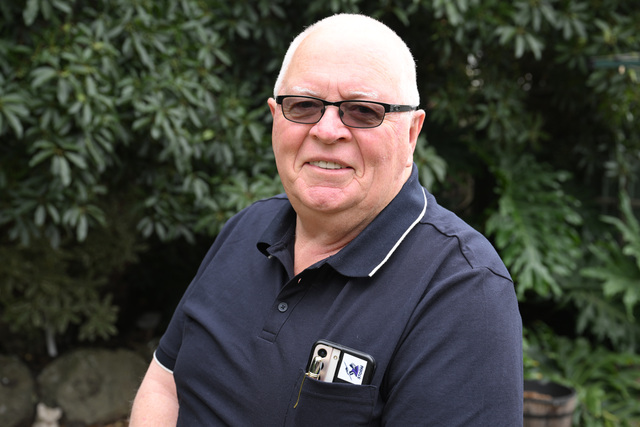Victoria’s worst drought on record made Tony Kelly a household name. Head of Yarra Valley Water at the time, Mr Kelly spoke for all retail water authorities during a decade and more of tough times, when reservoirs approached “empty” and outer urban growth areas were wilting from the water shortage.
“Every drop counts” was the slogan for campaigns across the state, while Save Water Target 155 introduced water-saving incentives, such as household rainwater tanks and special valves to reduce water losses from schools and other large buildings.
Recycled water started flushing toilets and the design of new housing estates on the urban fringes was completely revolutionised.
More than 1.7 million people and 50,000 businesses in Melbourne’s northern and eastern suburbs source their water supply and sewerage services from Yarra Valley Water.
On the eve of his retirement from the limelight, Mr Kelly reflects on how our city has changed since the Millennium Drought, as it is now known, and what the future holds for this metropolis.
“The community should be very proud of the [water] savings they delivered during the drought,” he says.
“It gave us time to implement new supplies and get us out of trouble.”
Consumption patterns have not gone back to the “bad old days”, and Melburnians are using 40 per cent less water per head of population than they did in the 1960s and ’70s.
“It was a game changer,” Mr Kelly says of the drought, which began in 1995 and continued Australia-wide until late 2009 with some areas only taken off the danger list two years ago.
But when Yarra Valley Water started pushing developers of the northern growth corridors to consider installing recycled water infrastructure alongside the water and sewer mains, they “sat on the fence”, Mr Kelly says.
“Then the drought started to really hit and recycled water became essential. Stocklands was a very strong partner and they promoted recycled water at their Highlands Estate [Craigieburn]. Developers had to be able to offer their clients in growth areas the possibility of being drought-proof.”
Now the purple pipes denoting recycled water in use are standard roll-outs in most new estates in Melbourne’s north. Getting recycled water into existing suburbs, however, is another matter.
“It’s very, very expensive,” Mr Kelly concedes, and such major infrastructure overhauls also require town planners to understand and translate to the construction community that benefits can outweigh the costs.
In conjunction with Melbourne Water and the Office of Living Victoria, Yarra Valley Water is developing an integrated recycled water/stormwater facility that will reduce algae-breeding nutrients going into local waterways of the Merri Creek.
The company’s sewerage plant at Aurora in Whittlesea is developing its capacity to include recycling of food wastes from local supermarkets and primary producers, which would normally be dumped in tips.
A $20 million stormwater treatment plant has just been commissioned for Kalkalo, which will deliver Class-A recycled water to about 2000 homes as part of a two-year trial being overseen by the Health Department.
Tony Kelly will leave as managing director of YVW at the end of this month.
He will be replaced by the water company’s manager for strategy and communication Pat McCafferty.

